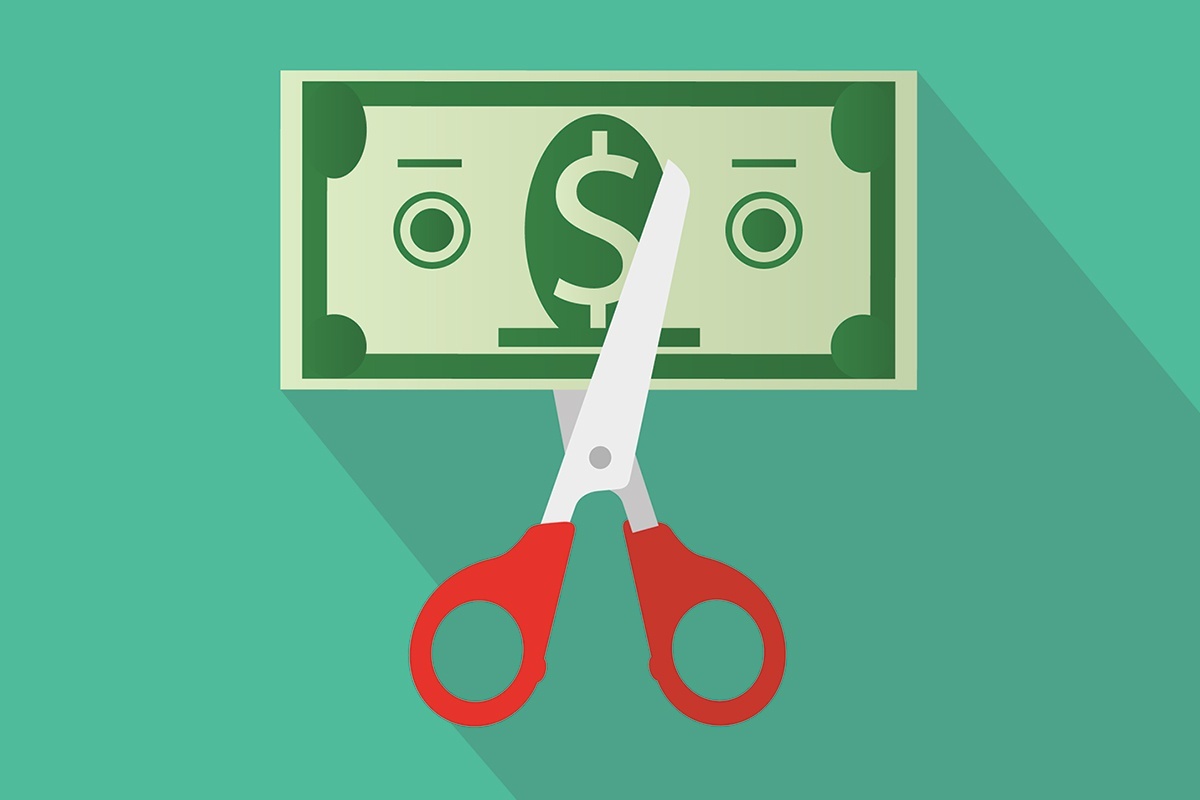Electronics are at the top of many wish lists this year. Make sure the electronic gifts you choose will be safe for your loved ones.
If you’re purchasing electronics for a child, that means making sure batteries, small pieces and cords do not present safety risks. Remember not to purchase electronics that plug into the wall for children under the age of 10.
Buying refurbished electronics can cut back on the costs; however, if you buy used products, buy them from brands and manufacturers that you know and trust. If the packaging seems tampered with or is already opened, make sure that the product is undamaged and still under warranty. Before you purchase electronics that already have been opened, be sure that all safety components are still in place.
Products packaged in boxes that do not display a brand name and do not have a certification mark could be counterfeit. These are often cheaply made and present safety concerns. Stay away from electrical products that are sold at temporary venues where you will be unable to make returns.
If the price is well below market value, there is a likelihood that it is a counterfeit. Although these products are often much less expensive, they lack the reliability of electronics that have been tested and marked by an independent laboratory.
Look for a certification mark indicating that a product complies with safety standards and has been approved for use based on quality tests. While these marks, often found on the bottom of a product, cannot guarantee safety, they do indicate compliance with preset standards. To help ensure safe use of a product, consumers also must maintain it properly and follow all manufacturers’ directions for use.
Keep the following tips in mind to help weed out fake safety labels:
Look closely at the label for signs of quality. If the label is blurred or torn, do not trust it.
Check the packaging to ensure that there are no misspellings or incorrect information. This is a sure sign of a counterfeit product.
Buy from brands and certification laboratories you trust. If you come across a labeling standard you are unfamiliar with, check for the legitimacy online. Some common legitimate marks are UL, CSA and ETL.


